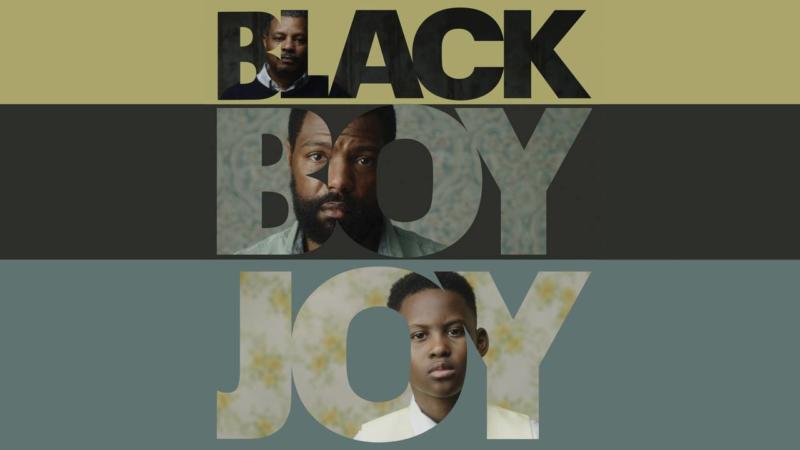Narrative short film Black Boy Joy, currently streaming on HBO, is riding high on success after becoming an Oscar-qualifying HBO Short Award winner at the Martha’s Vineyard African American Film Festival. The short has also won the BlackStar Film Festival/STARZ Short Film Award and as of this week, won an NAACP Image Award for Outstanding Short-Film (Live Action). Now that the film is streaming to a wide audience, Shadow And Act caught up with director Martina Lee to ask her about the process of making Black Boy Joy and how she hopes it can impact the national conversation around Black boys’ humanity.
S&A: How did you conceive this project?
Martina Lee: I was accepted into the Project Involve, a film independent fellowship that focuses on supporting emerging filmmakers from communities underrepresented in film and entertainment. Black Boy Joy was one out of six films produced during the 2019 year. Black Boy Joy was written by a Project Involve writing fellow Michelle Sam. This was a story close to her heart and I felt drawn as a director. We wanted to explore this idea of Black male vulnerability. There are so many situations in life in which black men feel like they can’t express their feelings. We wanted to tell that story through the lens of a grieving family that also is dealing with a son who is on the spectrum. When you have Otis, a father figure who represents a very old-school method of parents, and a young boy with autism who processes emotions differently than other kids, it makes for an interesting conflict and conversation about what it means to raise black boys in America.
How do you think the film can resonate with viewers, especially in the time we are going through now?
I truly believe the solution to all the crazy things happening in the world is learning how to love each other. This story talks about toxic masculinity, loss, but ultimately it’s a story about love. In the film we witness a father and son figure out how to love each other with the limited tools given to them. I think people can relate to that.
What are some of the major themes of Black Boy Joy?
The film is about allowing black men to be vulnerable in ways society won’t allow them to be. In that sense, Black Boy Joy feels like a form of protest. Black men can express sadness, love, grief, forgiveness, hope, and yes, even JOY.
What do you think will surprise people most about the film?
Will Catlett is an amazing talent in this film!! That is no surprise to anyone really, but his ability to be so vulnerable in his role of Miles is something we don’t see very often. Seeing black men cry and hug each is something that took me back every time I saw it and I think it is something that audiences will surprise themselves with how touched they feel in that moment as well.
Is this just the beginning for the project? Do you have any plans to potentially develop it into a feature or something else?
We are not developing this story any further. I feel like everyone involved in this project is doing their own projects and we are so fortunate that this film has given us the recognition to do other projects in the future.
There are not many projects in television and film that center on young Black boys both right now and historically. David Makes Man on OWN may be the only one on television right now. For you personally, why is this such an important narrative to tell?
I enjoy tackling topics through Black male characters because I get to explore the intersectionality of patriarchy and racism. So often we see portrayals of mental health in the media through a white gaze. We felt it was important to tell this particular story to show not only that it happens in the Black community, but also how race makes those issues even more complicated. Tackling topics through Black fatherhood is not new for me. Blueberry, my previous film I wrote and directed, is about a Hotep podcast host searching for spiritual guidance while teaching his son how to be a man.
What other projects do you have in the works?
I am developing a TV series with Warner Bros. We are in the early stages of developing the series so we can pitch it to networks. I am also developing my own projects including a feature and another TV series about loss.
HBO Max will feature the film and others in April for Autism Awareness Month with a curated list entitled “Different Perspective.”

